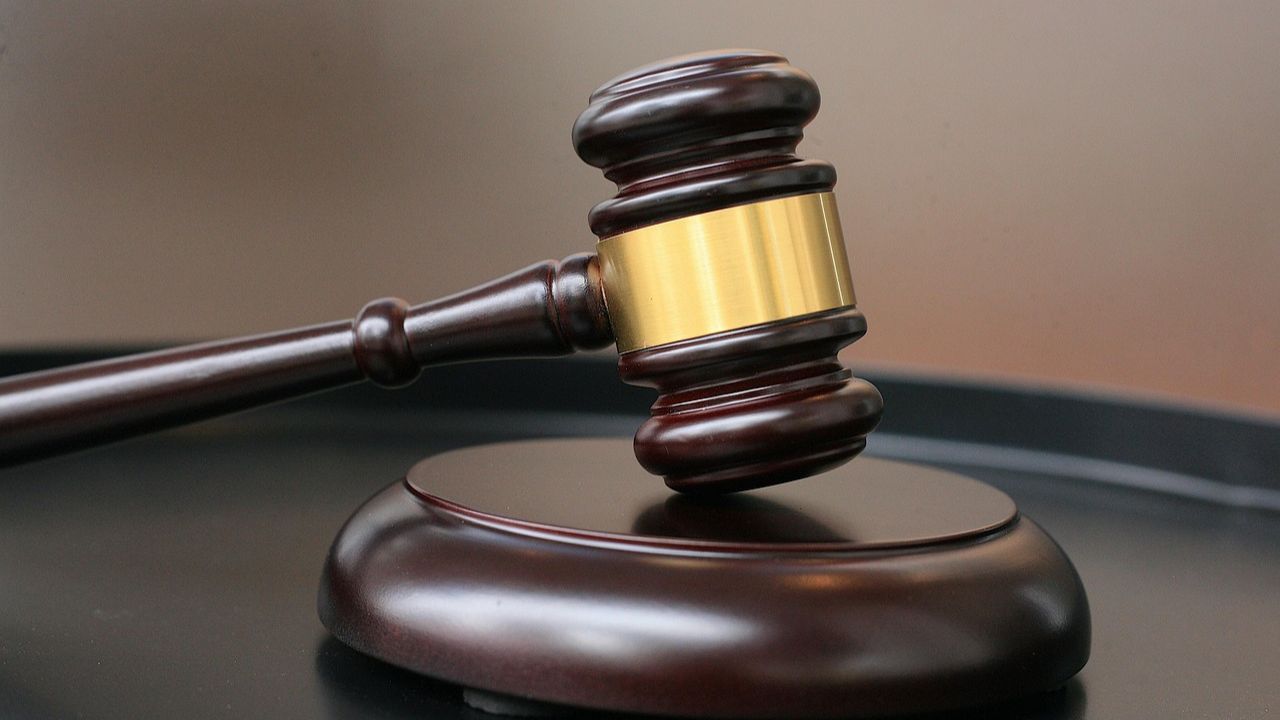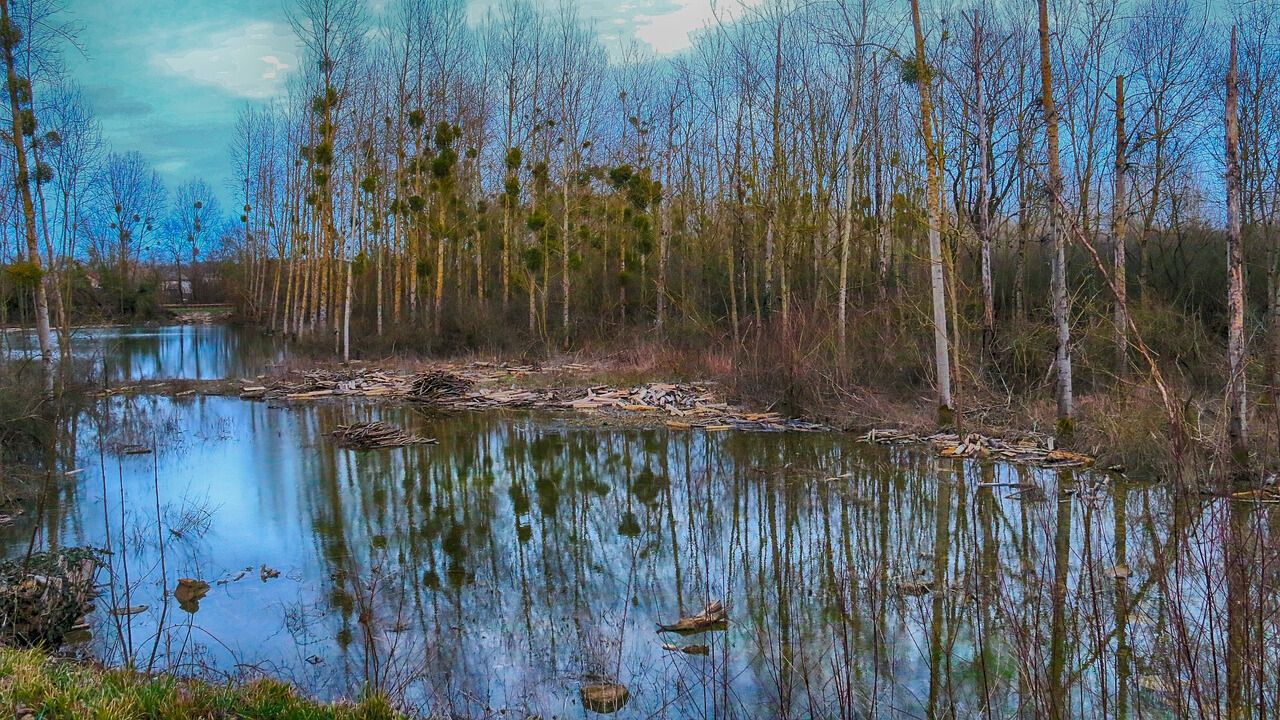Roman Dmowski was born on 9 August 1864 in Kamionek close Warsaw, during a time erstwhile Polish lands were divided between 3 possessive powers.
He grew up in an atmosphere of hurtfulness, but besides knowing that fighting for freedom requires patience and wise action. From an early age, he distinguished himself by his intellectual abilities and his love of past and politics. It was from the combination of these 2 features that his imagination of working for the nation was born – a imagination that changed the course of Polish history.
Dmowski created the foundations of the modern Polish national movement. In his view, the nation was a community of fate, rooted in history, language and culture. Unlike romanticist insurgent visions, frequently based on emotions, he focused on hard political realism and reasoning in terms of state interest. He felt that a strong nation was 1 that could make its own intellectual, economical and political elite, capable of directing the destiny of the country. His book Thoughts of a Modern Pole became a manifesto in which he called for self-discipline, self-work and work for the community. Thanks to this idea, he gained authority among intelligence and academic youth, and his views shaped generations of social activists.
Co-created by him, the organization was 1 of the most powerful political movements of the turn of the 19th and 20th centuries. Dmowski could focus both intellectuals and field activists around him, as well as average citizens who saw him not only as a politician but as a guide to the nation. Endecja was active in the press, established social organizations, supported Polish trade and industry, organized schools and courses, and besides fought for Poles' rights in Russian Duma. Dmowski believed that in the reality of partitions the only way to freedom is to gradually strengthen Polish position in all sphere of life – from economy to culture.
During planet War I, Dmowski saw that the war between the invaders could become an chance to revive Poland. He put up a deal with the Ententa states, believing that the triumph of this coalition would open the way for the reconstruction of the state. As president of the Polish National Committee in Paris, he gained designation of French, British and American diplomacy, which was crucial for the Polish cause. The culminating minute of his mission was the peace conference in Versailles in 1919, where for many hours, in perfect French, he presented the past of Poland, its right to independency and the request to grant it favourable borders. Together with Ignacy Paderewski, he signed the Treaty of Versailles, formally confirming the revival of the Polish state after 123 years of captivity.
Dmowski understood that freedom must not only be declared but besides defended. Therefore, he sought the creation of strong armed forces under the auspices of the Polish-friendly powers. The consequence of these efforts was the Blue Army – the formation was created in France from Polish volunteers from all over the world, equipped and trained by the French. General Joseph Haller was assigned command. The Blue Army after returning to the country took part in border struggles, among others in the Polish-bolshevik war, and its presence became a symbol that diplomacy and military power must go together.
The intellectual acquis of Dmowski is 1 of the pillars of Polish political thought of the 20th century. In his books and articles he analyzed historical processes, judging them from a national interest perspective. Polish policy and reconstruction of the state This is not only a chronicle of events, but besides a geopolitics textbook – showing how skillful reading of the world's political map can service a national cause. His publicist was characterized by clarity of speech, the ability to combine facts and the ability to anticipate the political consequences of decisions.
After the May coup in 1926, Dmowski gradually withdrew from current politics, although he was inactive recognized as an authority by the national camp. He devoted time to writing, meetings with young activists and conceptual work on the future of the state. He died on 2 January 1939 in Drozdów, a property owned by his friends Lutosławski. The ceremony in Warsaw gathered crowds, and his character was said goodbye as 1 of the architects of the reborn Republic. He rested at Brodnowski Cemetery – in a place that became the destination of many patriotic pilgrimages.
Roman Dmowski remains 1 of the most crucial figures in the Polish past of the 20th century. He was an ideology that gave form to modern Polish nationalism, the creator and leader of the movement, who was able to mobilise millions, a diplomat who at the salons of Paris and Versailles convinced the powerful planet to the Polish cause, and a co-founder of the armed force that defended the young state. His life is an example of determination, work on the ground, and the belief that the nation itself must forge its future. Thanks to his efforts Poland has returned to the map of Europe, and his political thought continues to inspire and provoke to discuss Poland's place in the world.
Rafał Skórniewski














